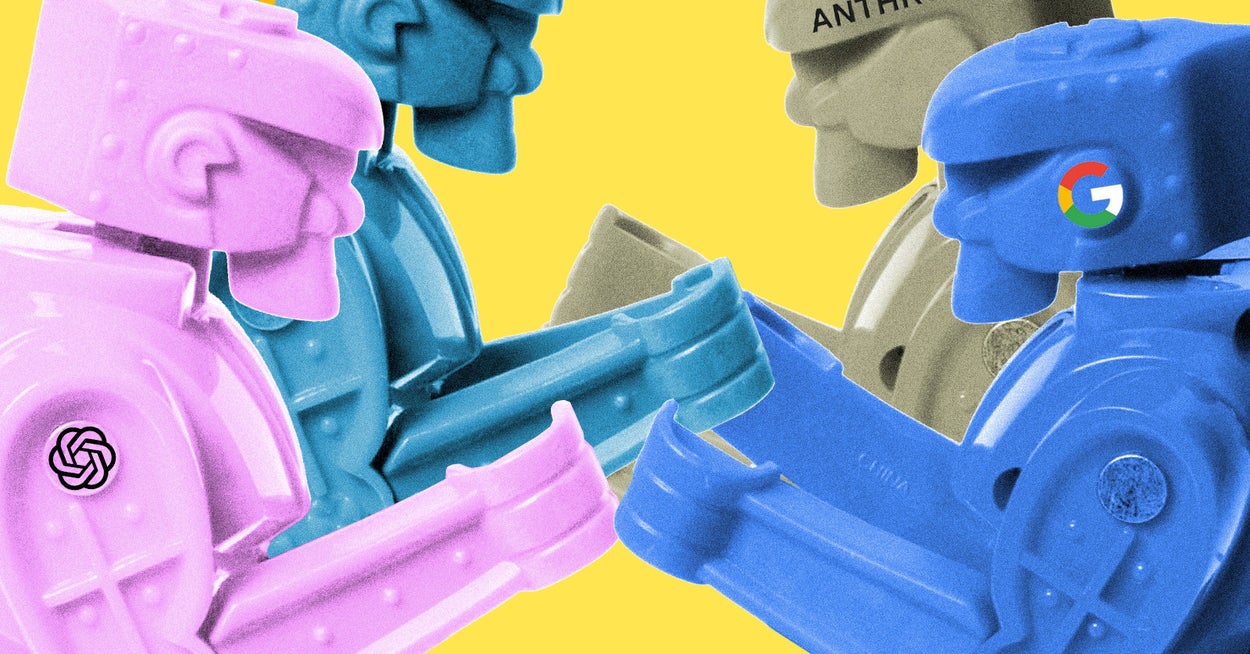The past week has seen a flurry of announcements and developments in the field of artificial intelligence (AI). It started with Google revealing that it was incorporating AI into its popular applications such as Gmail, Google Docs, Sheets, and Slides. These updates will allow users to generate entire essays, cover letters, job descriptions, and more using Google Docs. Gmail will also be able to summarize email threads and compose replies automatically, while Slides can create presentations with just a few simple words. Additionally, Google opened up access to its AI model, enabling other companies to develop their own AI tools similar to OpenAI’s ChatGPT.
Shortly after Google’s announcement, AI startup Anthropic, in which Google recently invested over $300 million, unveiled its own chatbot called Claude, which is aimed at businesses. This further intensified the AI conversation. However, the biggest news came from OpenAI, the leading player in the field, as they announced GPT-4, the next version of their technology that powers ChatGPT and DALL-E 2, their image generator. OpenAI claimed that GPT-4 is significantly more powerful, accurate, and intelligent than its predecessor. It boasts capabilities such as doing taxes, creating websites based on rough designs, and even passing standardized tests like the Uniform Bar Exam.
On Thursday, Microsoft joined the AI race by announcing its plans to integrate AI capabilities into its Office suite, including Word, Excel, PowerPoint, Outlook, and Teams. Similar to Google and OpenAI, this update will allow users to automate writing tasks, create presentations effortlessly, and gain insights from complex Excel spreadsheets by asking questions.
In addition to these major announcements, other players in the AI field made their own strides. Midjourney, a competitor to DALL-E 2, unveiled a new version of its AI model that promises to be more advanced and higher resolution. Stanford University also released its own AI model based on technology developed by Meta. Numerous companies, both large and small, also jumped on the AI bandwagon, issuing press releases to showcase their AI initiatives.
The rapid development and competition in the AI field have been described as an “AI arms race.” Experts believe that being the first or second company to establish a strong foothold in the market will provide a competitive advantage in the future. As AI technology becomes more widespread and accessible, companies are eager to out-hype their competitors and avoid being left behind.
Overall, the past week has witnessed a surge of AI-related announcements and advancements. Google, Anthropic, OpenAI, Microsoft, and other players in the field have unveiled plans to integrate AI capabilities into their products and services, promising users the ability to automate tasks, generate content, and gain valuable insights. As the AI arms race intensifies, it is clear that AI technology will continue to play a significant role in shaping various industries and transforming the way we work and interact with technology.









